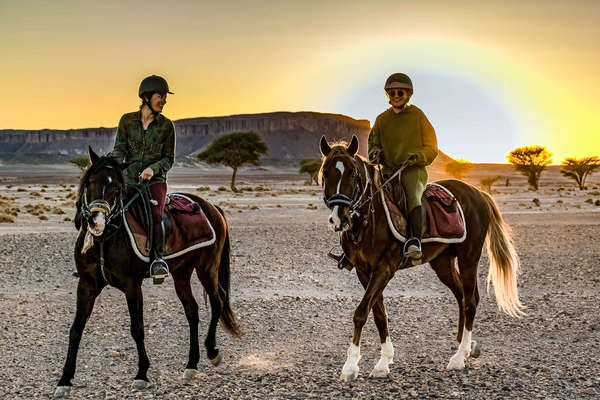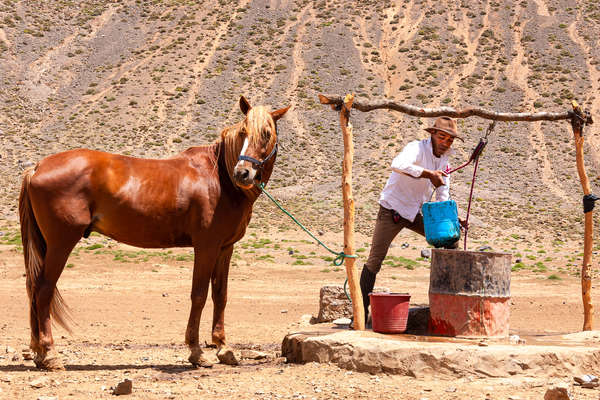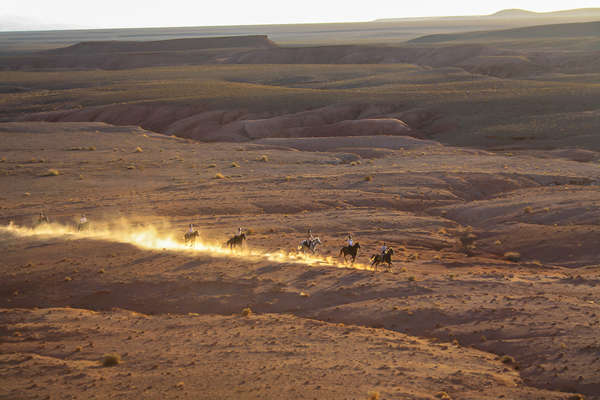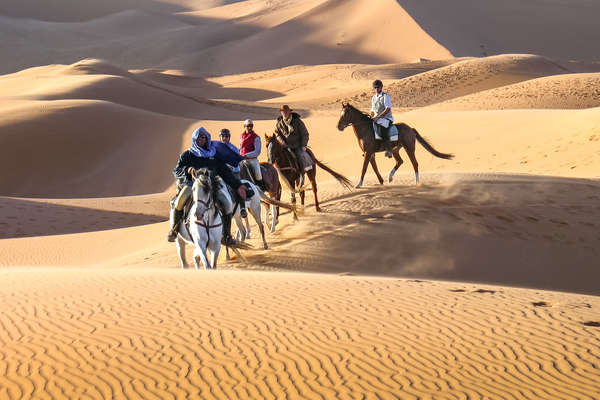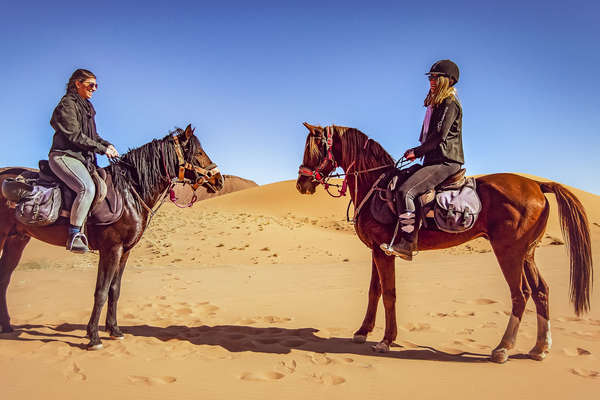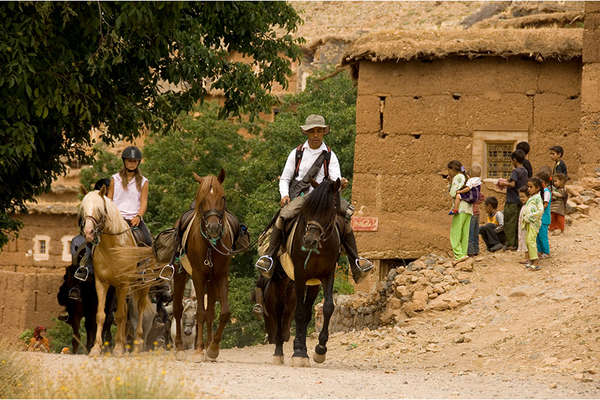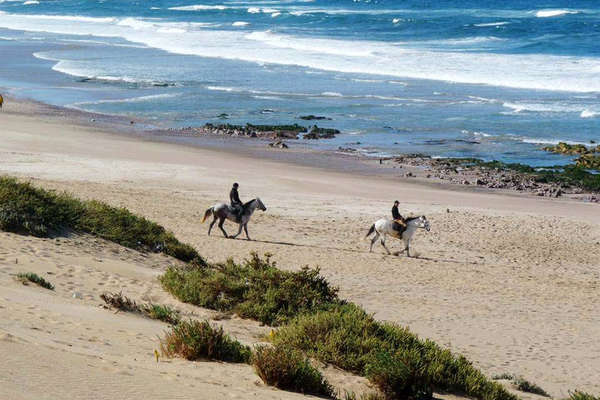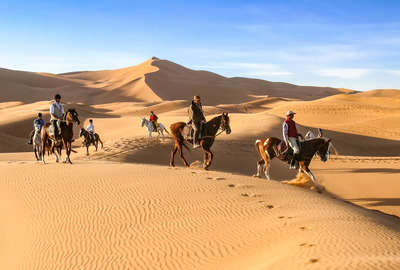
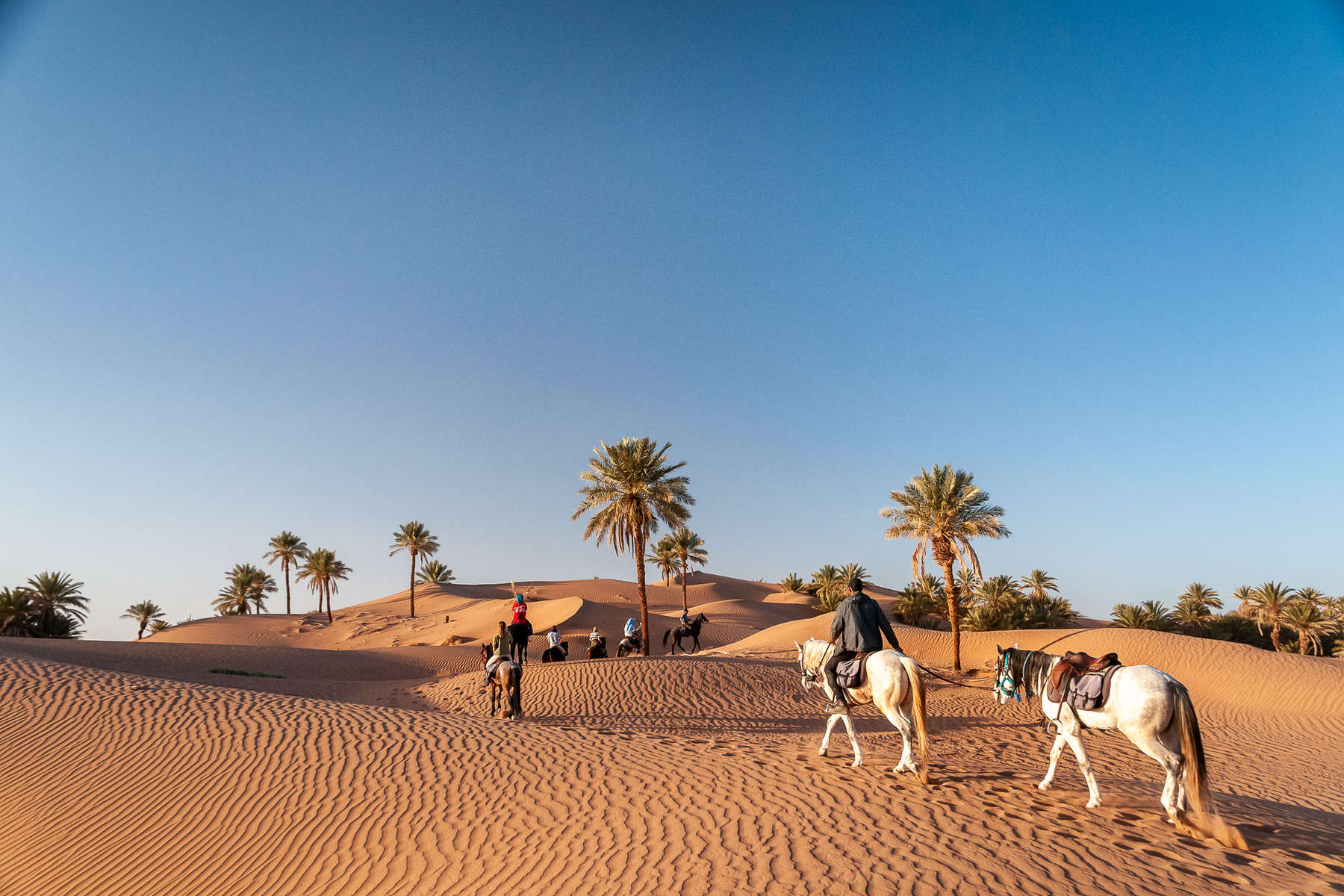
From the horse’s mouth
All trips

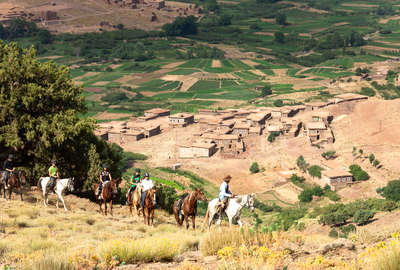
The High Atlas Mountains
Guaranteed departures
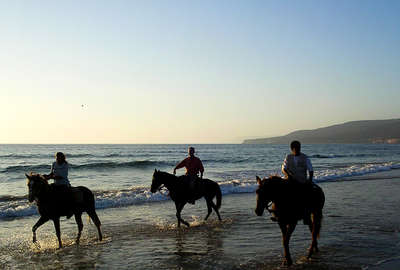
The Riders of Essaouira
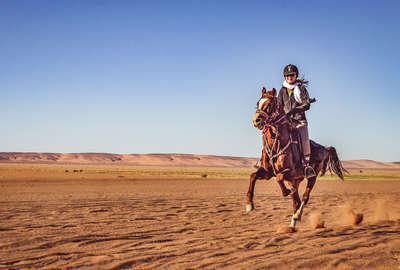
Horses, Dunes and Nomads
Guaranteed departures
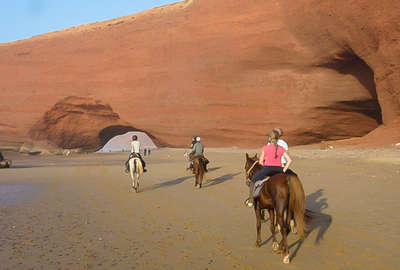
Moroccan Ranch
Guaranteed departures

Moroccan Escapade
Guaranteed departures
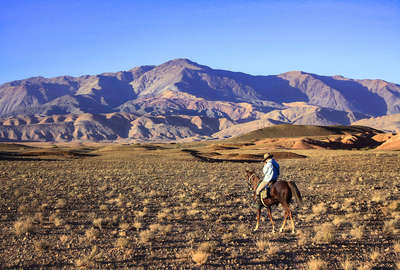
The Saffron Trail
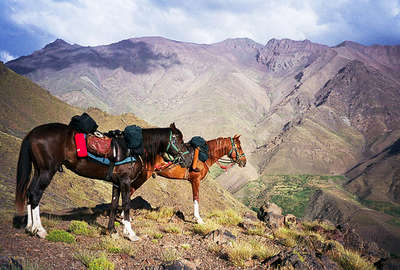
Valley of the Roses
Guaranteed departures
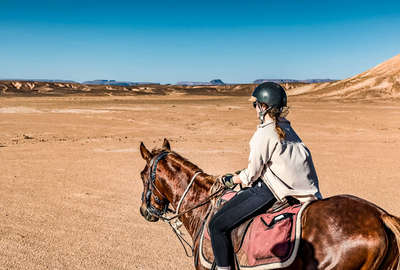
Saharan Caravan
Visa & Health
Formalities
Addresses of consulates
- Paris | Ambassade du Maroc5, rue Le Tasse75116 ParisTél. : 01.45.20.69.35Fax :info@amb-maroc.fr
- Ambassade de France au Maroc1 rue Aguelmane Sidi Ali Agdal BP 602Rabat - ChellahTél. : +212 5 37 27 66 00Fax : +212 5 37 27 67 11webmestre@ambafrance-ma.org
- Moroccan ConsulateDiamond House97-99 Praed Street, PaddingtonW2 1NT LondonTél. : +44 020 7724 0624Fax :
Health
Insurance
Voltage
Budget and money
Telephone and jetlag
Country information
Country ID
Socio-economical data
History
Geography
People, culture and traditions
Choosing the right riding holiday
Choosing the right riding holiday
Morocco is a fascinating country and a year-round horse riding holiday destination - cool mountain trails in the summer months and pacey desert trails in the winter months. You can choose from camping trails, comfortable accommodation or even a centre-based stay. All riding trails are for intermediate or advanced riders and all include opportunities to canter.
DESERT TRAILS: In the northern fringes of the Sahara desert you can ride across sand dunes and open desert flats, skirt oases and pass Bedouin villages. The trails run in the cooler winter months as the desert is too hot in the summer.
Trails staying in camps: Desert Cavalcade
Trails staying in riads: Horses, Dunes and Nomads
MOUNTAIN TRAILS: In the Atlas mountains these trails take you along narrow paths offering panoramic views. Visit forgotten valleys, high mountain passes and Berber villages clinging to the cliffsides. All trails are camping.
Trails in Spring/Autumn: Saffron Trail and Valley of the Roses
Trails in the Summer: High Atlas Mountains
COASTAL TRAILS: Follow cliffs and beaches along the Atlantic coast, where sea breezes keep the summer temperatures pleasant and discourage sunbathers, leaving the beaches perfect for riding: Riders of Essaouira
CENTRE BASED RIDES: Close to Marrakech and ideal for short-breaks and mixed groups as there are plenty of non-riding activities on offer as well. Comfortable accommodation and family friendly: Moroccan Escapade

